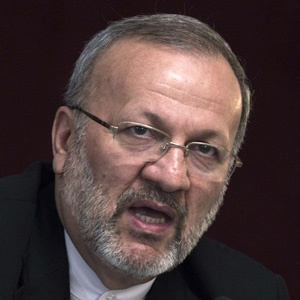Mottaki’s African Quest

On the first day of his trip, Mottaki entered Ouagadougou, the capital of Burkina Faso. The Iranian foreign minister left the country for its southern neighbor Ghana after inking some agreements and meeting the president, parliament speaker and foreign minister. Mottaki told the reporters that “good” agreements have been made with this African country, and Iranian companies will participate in electricity and agricultural projects.
Mottaki visited Accra, the capital of Ghana, on Friday, and met the Ghanaian president, John Atta Mills.
In Accra, the Iranian foreign minister spoke of his country’s readiness to participate in Ghana’s development plans. He said that Iranian investors will be encouraged to capitalize joint projects. Mottaki referred to Iranian companies’ activities in automobile and tractor manufacturing projects and the construction of electricity power plants, oil discovery and exploitation, and agricultural, industrial and mine projects.
The Iranian president entered Togo on Saturday and will meet the Togolese President Faure Gnassingbe.
But is Iran merely following economic goals in West Africa? There seem to be other items on Tehran’s diplomatic agenda, as statements by Mottaki and his African hosts reveal. Expansion of ties with Africa is a part of Iran’s “View toward the South” policy aimed to advance global diplomatic goals.
Manouchehr Mottaki’s remarks in meeting with Burkina speaker of parliament Rock Marc Christian Kabore, are adequately expressive: “Economic, security and cultural policies of the great powers during the past 60 years have resulted in failure; decision-making for states and nations of the world behind closed doors has come to an end, and this role has returned to nations and states today.”
In his meeting with the Ghanaian president, Mottaki also referred to the Middle East crises, from Afghanistan to Iraq, Lebanon and Palestine. He called the global order “unfair” and stated that global policies during the past decade have been “ineffective”.
Iran –which has always called for enforcement of a fair order over global affairs- is now trying to gain the support of a large number of discontent African countries to start a campaign aimed at restructuring the global order. Having the endorsement of South countries and following democratic principles, Iran may succeed in challenging the ruling order over international relations. However, the pitfall may be pumping in millions of dollars in these countries, without receiving reasonable political and economic dividends.

